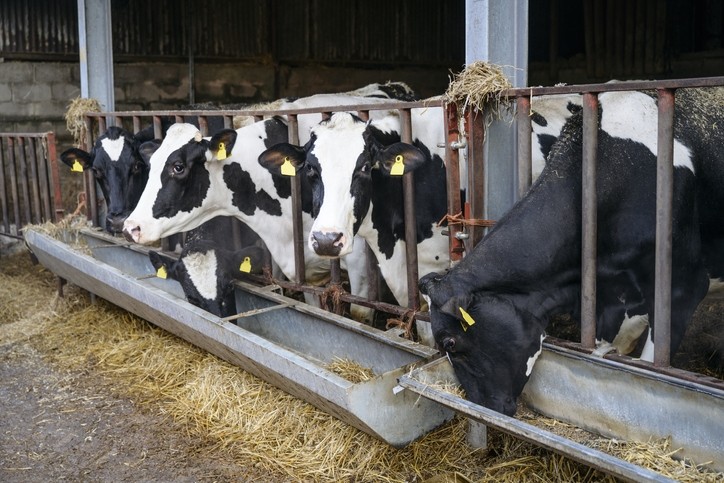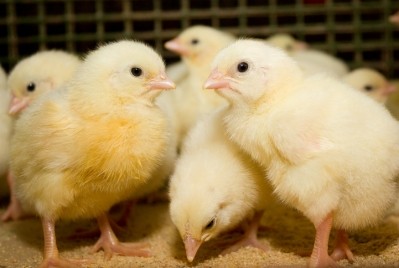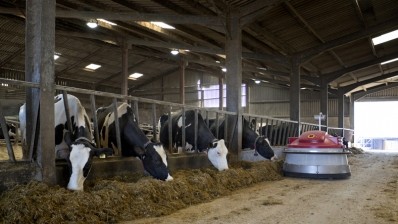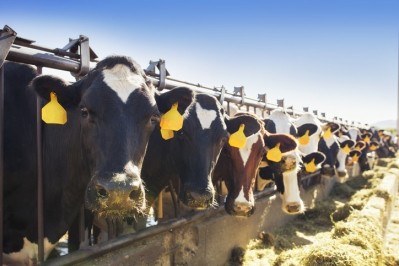Paper identifies gaps in understanding of how yeast components influence dairy cow health

A literature review, published in Animal Feed Science and Technology, outlines the current knowledge around dietary yeast supplements and their components and describes how they influence ruminal microbiota and microbial function in dairy cows.
Yeast supplementation in ruminant diets has been evaluated to date in relation to its impact on fiber digestibility, ruminal fermentation patterns, and nutrient use efficiency, said the authors.
The primary effect of yeast appears to be the stimulation in the growth of specific ruminal bacteria populations, specifically, cellulolytic and lactate-utilizing bacteria, they added.
"The potential for yeast components to influence animal health, specific immunity, and alleviate acidosis and inflammation caused by high-grain diets needs further exploration to fully understand their efficacy in ruminants."
“The relationship of lactate-utilizing ruminal bacteria with dietary yeast, has been intensely researched due to their role in affecting ruminal pH parameters and ultimately animal health.
“Yeast supplementation has been shown to modulate ruminal pH, particularly when used in combination with high concentrate diets. This is likely due to yeast stimulating the growth of both lactate-utilizing bacteria and protozoa," noted the reviewers.
Yeast strains
But the team sees that more consistency in yeast strain, dose and type reporting is needed:
“The greatest challenge with yeast supplementation thus far has been the lack of consistent responses. Further studies using the same experimental design, methodology, yeast product and dose are necessary to establish a firm understanding of supplementation efficacy on ruminal microbiota, fermentation, and ultimately production parameters.
“In addition, targeted use of yeast and yeast product supplementation during sensitive biological periods, or with specific diet profiles, may provide an opportunity to maximize performance responses through strategic supplementation.
“Careful consideration of both diet and environmental factors among studies can lead to a greater understanding of yeast supplementation as a viable dietary feed additive in ruminants.”








